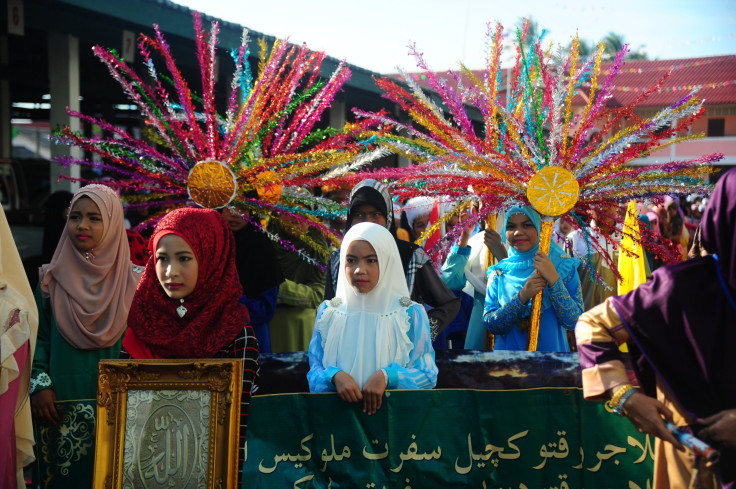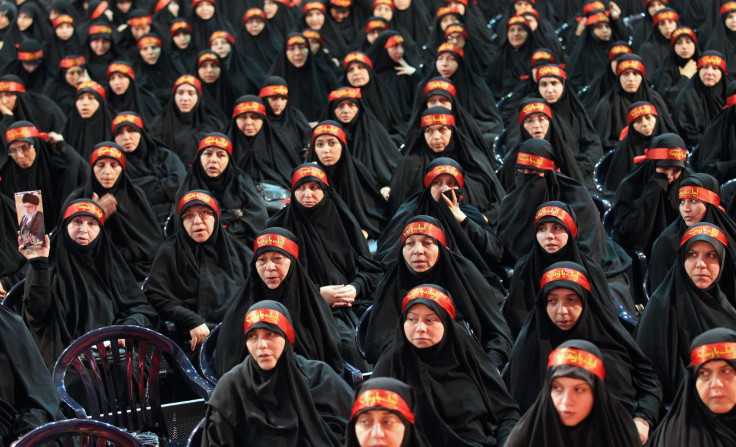Muharram 2016: 4 Key Facts About Islamic New Year As Muslim Celebration Begins

Muslims across the world have already been marking the Islamic New Year, the beginning of the first month of the Islamic lunar calendar. Muharram is the second holiest month after Ramadan and, like other Islamic celebrations, its dates vary from year to year. Here are four key facts to know.
What is Islamic New Year?
The Islamic New Year, or Hijri New Year, commemorates the migration of the Prophet Muhammad from Mecca to Medina. The journey is known as the Hijra (migration) and began the first Islamic year in 622 AD. Muhammad was fleeing persecution from the ruling Quraysh tribe of Mecca, who increasingly viewed him and his claims of prophethood as a threat. He was joined on the Hijra by many followers traveling north to what was then Abyssinia, where they could safely practice their religion. Later Mohammad gained enough adherents to return and conquer Mecca. Thus Hijra marks the beginning of Islam as a community.
When is it?
The Islamic New Year begins with the sighting of the new moon at sunset, marking the start of Muharram, thus the date changes each year. The Islamic calendar is 11 or 12 days shorter than the solar-based Gregorian calendar. In 2016, for most Islamic countries and communities, it falls on Monday, Oct. 3.
What year is it now?
Islamic years are followed by “H,” for Hijra, or “AH,” for the Latin term Anno Hegirae, meaning “in the year of Hijra.” This Hijri New Year marks the start of the Islamic year 1438 AH.

How is Islamic New Year celebrated?
Muharram means “forbidden,” thus many Muslims fast during this period. It is also a time for prayer and to reflect on the sacrifices that began the faith. On a personal level, the New Year means an occasion to reflect on the past year and to look forward to the year ahead. For Shia Muslims, it is particularly solemn as it begins the 10 days of mourning leading up to the Day of Ashura. This marks the battle of Karbala in 680 AD in modern-day Iraq and the martyrdom of Hussein, grandson of Muhammad. Many Shiites practice chest-beating or even self-flagellation during this time. For Sunni Muslims, Ashura commemorates when Moses was saved from the Egyptians by Allah.
© Copyright IBTimes 2024. All rights reserved.











